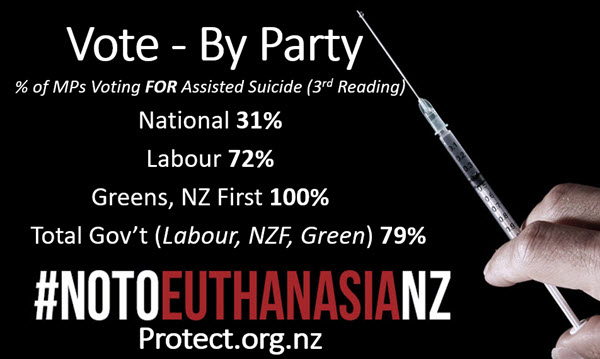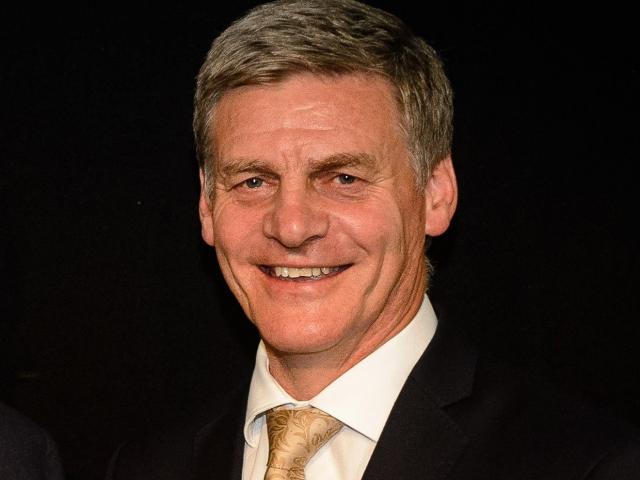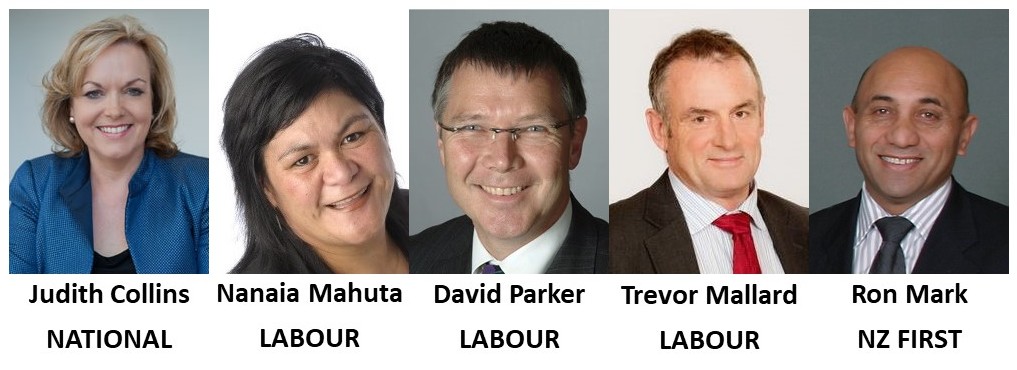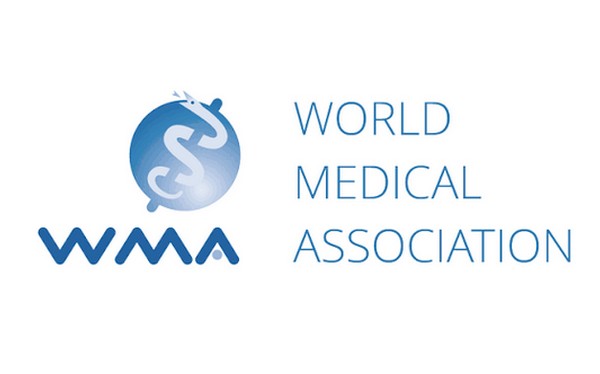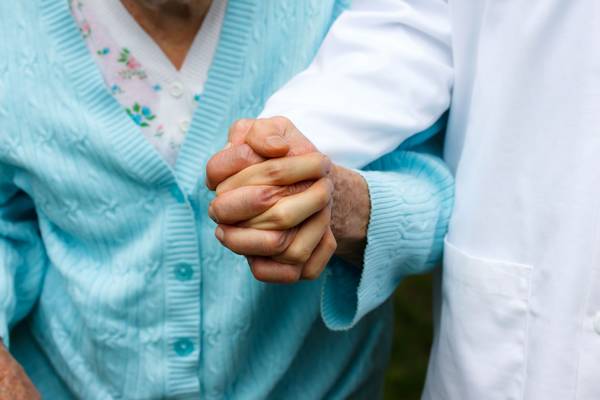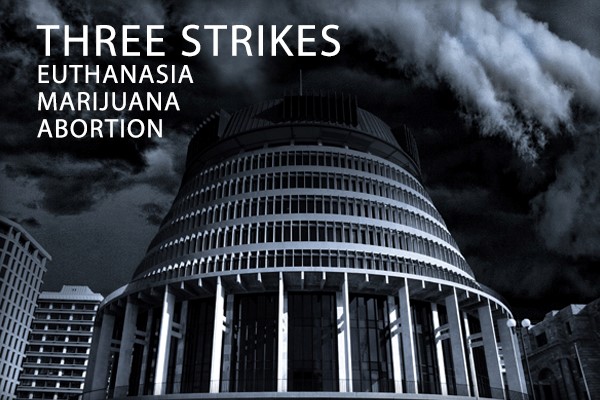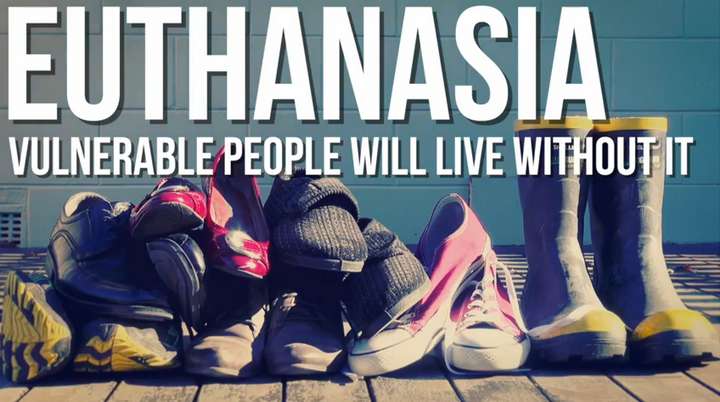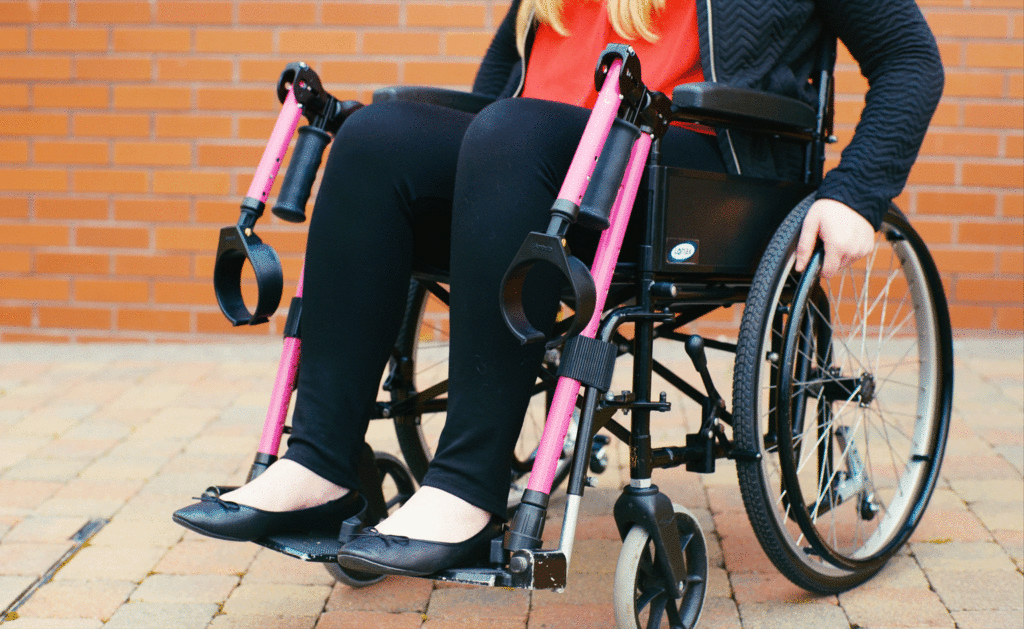The Campaign To PROTECT has now been launched.
 The 3rd and final reading of the assisted suicide / euthanasia bill happened last night. The only way the liberals were able to get the bill ‘across the line’ was to offer a referendum – a tool that normally they want nothing to do with (remember the anti-smacking 87% referendum?). That’s how weak this bill is.
The 3rd and final reading of the assisted suicide / euthanasia bill happened last night. The only way the liberals were able to get the bill ‘across the line’ was to offer a referendum – a tool that normally they want nothing to do with (remember the anti-smacking 87% referendum?). That’s how weak this bill is.
The so-called ‘safeguards’ – many of which were not even allowed to be debated – will not guarantee the protection required for vulnerable people.
We need to apply the precautionary principle: the higher the risk – the higher the burden of proof on those proposing liberalisation of the law. But the risk of abuse simply cannot be eliminated. How many euthanasia ‘mistakes’ are we willing to accept? We say NONE.
That’s why we will be strongly and vigorously promoting a NO vote in the referendum at the end of next year.
How they voted…..
NATIONAL MPs:
Voted Against Euthanasia:

Kanwaljit Singh Bakshi, Maggie Barry, Andrew Bayly, David Bennett, Dan Bidois, Simon Bridges, Simeon Brown, Gerry Brownlee, David Carter, Jacqui Dean, Sarah Dowie, Paulo Garcia, Paul Goldsmith, Nathan Guy, Jo Hayes, Harete Hipango, Denise Lee, Melissa Lee, Agnes Loheni, Tim Macindoe, Todd McClay, Ian McKelvie, Todd Muller, Alfred Ngaro, Simon O’Connor, Parmjeet Parmar, Chris Penk, Maureen Pugh, Shane Reti, Alastair Scott, Nick Smith, Anne Tolley, Louise Upston, Nicky Wagner, Hamish Walker, Michael Woodhouse, Jonathan Young, Lawrence Yule (38)
Voted For Euthanasia:

Amy Adams, Paula Bennett, Chris Bishop, Judith Collins, Matt Doocey, Andrew Falloon, Brett Hudson, Nikki Kaye, Matt King, Barbara Kuriger, Mark Mitchell, Scott Simpson, Stuart Smith, Erica Stanford, Tim van de Molen, Nicola Willis, Jian Yang (17)
LABOUR:
Voted Against Euthanasia:

David Clark, Anahila Kanongata’a-Suisuiki, Damien O’Connor, Adrian Rurawhe
, Deborah Russell
, Jenny Salesa, Aupito Tofe Sua William Sio, Jamie Strange, Rino Tirikatene, Phil Twyford, Meka Whaitiri, Michael Wood, Poto Williams (13)
Voted For Euthanasia:

Kiri Allan, Ginny Andersen, Jacinda Ardern, Tamati Coffey, Liz Craig, Clare Curran, Kelvin Davis, Ruth Dyson, Paul Eagle, Kris Faafoi, Peeni Henare, Chris Hipkins, Raymond Huo, Willie Jackson, Iain Lees-Galloway, Andrew Little, Marja Lubeck, Jo Luxton, Nanaia Mahuta, Trevor Mallard, Kieran McAnulty, Stuart Nash, Greg O’Connor, David Parker, Willow-Jean Prime, Priyanca Radhakrishnan, Grant Robertson, Carmel Sepuloni, Jan Tinetti, Louisa Wall, Angie Warren-Clark, Duncan Webb, Megan Woods (33)
NZ FIRST MPs:
Voted For Euthanasia:

Darroch Ball, Shane Jones, Jenny Marcroft, Ron Mark, Tracey Martin, Clayton Mitchell, Mark Patterson, Winston Peters, Fletcher Tabuteau (
all 9 MPs)GREEN MPs:
Voted For Euthanasia:

Marama Davidson, Julie Anne Genter, Golriz Ghahraman, Gareth Hughes, Jan Logie, Eugenie Sage, James Shaw, Chloe Swarbrick (
all 8 MPs)
OTHER:

David Seymour / Jami-Lee Ross

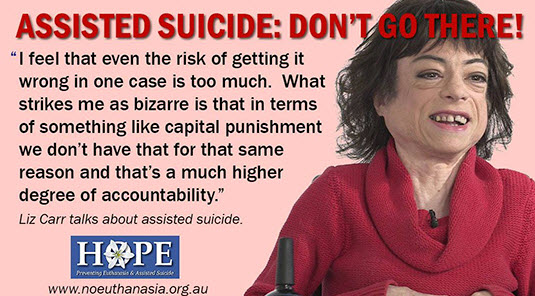

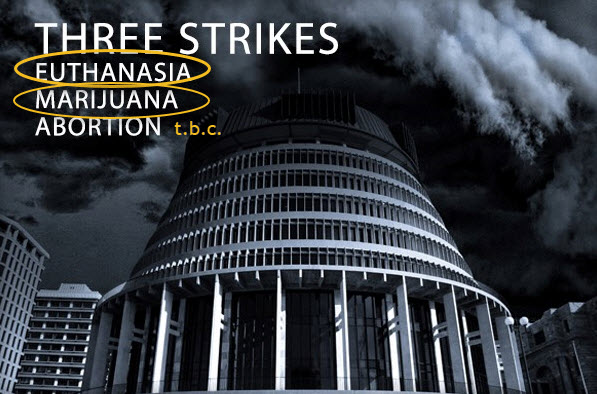
 The 3rd and final reading of the assisted suicide / euthanasia bill happened last night. The only way the liberals were able to get the bill ‘across the line’ was to offer a referendum – a tool that normally they want nothing to do with (remember the anti-smacking 87% referendum?). That’s how weak this bill is.
The 3rd and final reading of the assisted suicide / euthanasia bill happened last night. The only way the liberals were able to get the bill ‘across the line’ was to offer a referendum – a tool that normally they want nothing to do with (remember the anti-smacking 87% referendum?). That’s how weak this bill is. Kanwaljit Singh Bakshi, Maggie Barry, Andrew Bayly, David Bennett, Dan Bidois, Simon Bridges, Simeon Brown, Gerry Brownlee, David Carter, Jacqui Dean, Sarah Dowie, Paulo Garcia, Paul Goldsmith, Nathan Guy, Jo Hayes, Harete Hipango, Denise Lee, Melissa Lee, Agnes Loheni, Tim Macindoe, Todd McClay, Ian McKelvie, Todd Muller, Alfred Ngaro, Simon O’Connor, Parmjeet Parmar, Chris Penk, Maureen Pugh, Shane Reti, Alastair Scott, Nick Smith, Anne Tolley, Louise Upston, Nicky Wagner, Hamish Walker, Michael Woodhouse, Jonathan Young, Lawrence Yule (38)
Kanwaljit Singh Bakshi, Maggie Barry, Andrew Bayly, David Bennett, Dan Bidois, Simon Bridges, Simeon Brown, Gerry Brownlee, David Carter, Jacqui Dean, Sarah Dowie, Paulo Garcia, Paul Goldsmith, Nathan Guy, Jo Hayes, Harete Hipango, Denise Lee, Melissa Lee, Agnes Loheni, Tim Macindoe, Todd McClay, Ian McKelvie, Todd Muller, Alfred Ngaro, Simon O’Connor, Parmjeet Parmar, Chris Penk, Maureen Pugh, Shane Reti, Alastair Scott, Nick Smith, Anne Tolley, Louise Upston, Nicky Wagner, Hamish Walker, Michael Woodhouse, Jonathan Young, Lawrence Yule (38) Amy Adams, Paula Bennett, Chris Bishop, Judith Collins, Matt Doocey, Andrew Falloon, Brett Hudson, Nikki Kaye, Matt King, Barbara Kuriger, Mark Mitchell, Scott Simpson, Stuart Smith, Erica Stanford, Tim van de Molen, Nicola Willis, Jian Yang (17)
Amy Adams, Paula Bennett, Chris Bishop, Judith Collins, Matt Doocey, Andrew Falloon, Brett Hudson, Nikki Kaye, Matt King, Barbara Kuriger, Mark Mitchell, Scott Simpson, Stuart Smith, Erica Stanford, Tim van de Molen, Nicola Willis, Jian Yang (17)